A US District Judge has dismissed Cydia's lawsuit claiming that Apple's App Store unfairly forced it out of business, but will allow Cydia to amend its complaint.
Originally filed in December 2020, the lawsuit by Jay Freeman, creator of Cydia, says that Apple used its monopoly position against the alternative jailbreaking store. Cydia claimed that it was forced to shut down because of Apple's allegedly unlawful control of app distribution on iOS.
Now U.S. District Judge Yvonne Gonzalez Rogers has granted Apple's motion to dismiss the case. However, she has granted Freeman leave to amend his suit.
Should Freeman choose to proceed, he has until January 19, 2022, to file the amended suit. Then Apple will have until February 2, 2022, to respond.
Cydia launched as a jailbreaking tool, and a source of alternative apps and features for the iPhone, before Apple started its own App Store. It required users to first circumvent Apple's iOS security, but according to The Washington Post, some 4.5 million users were doing so at the peak of Cydia's popularity.
Apple subsequently patched at least the majority of ways its iOS could be jailbroken, making Cydia impractical to the average user. Freeman's suit also alleged that Apple tried to convince users that jailbreaking was dangerous, which he denies.
Freeman had sought trial by jury, plus damages and fees. The amount of damages would mean estimating all of the potential earnings lost since 2012, when Cydia says it was forced out of business. At its peak, Cydia earned $10 million in 2011 to 2012, by charging developers a fee for being on its store.
The dismissal of the suit was first reported by MacRumors.
 William Gallagher
William Gallagher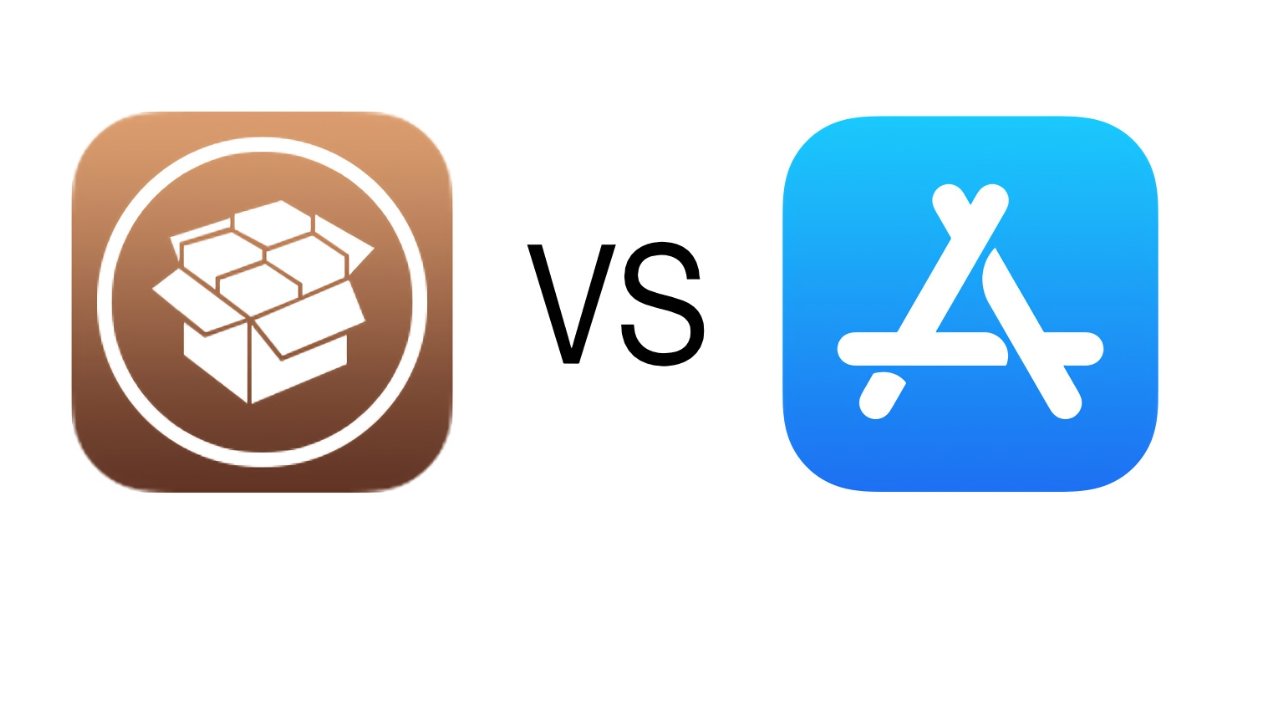








 Christine McKee
Christine McKee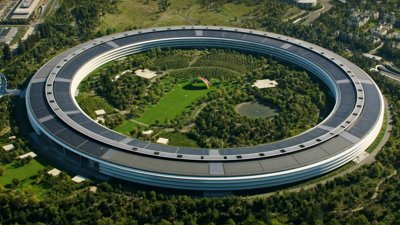
 Wesley Hilliard
Wesley Hilliard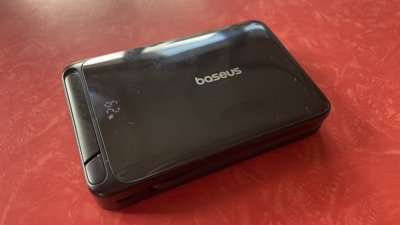
 Thomas Sibilly
Thomas Sibilly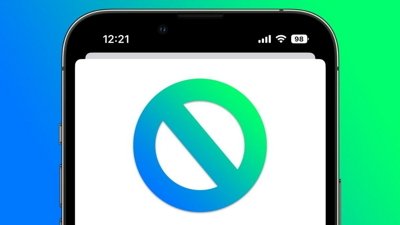
 Marko Zivkovic
Marko Zivkovic
 Andrew O'Hara
Andrew O'Hara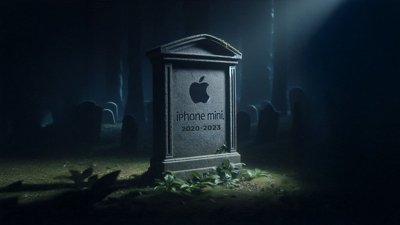
 Amber Neely
Amber Neely

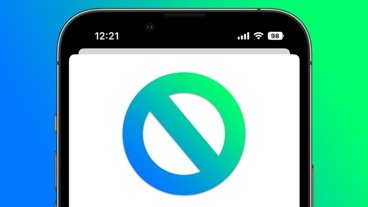
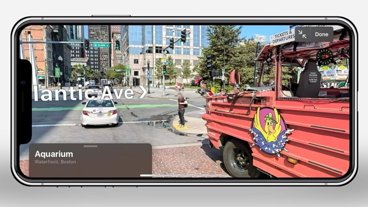






21 Comments
This is just a variation of the Psystar lawsuit where Psystar claimed that Apple limiting the installation of Apple's OS to its own hardware was an antitrust violation. The judge ruled that Apple's own hardware can't be considered a monopoly unto itself.
Jailbreaking was dangerous. It bypassed much of the phone’s security, leaving open the possibility that some jailbroken app was malware that could much more easily cause problems.
nevertheless, some people risked it. The main reason why it died was not because Apple made it more difficult, though that was certainly a reason, but because Apple had added most of the features people were jailbreaking for. There was little reason for it at that point.
it’s interesting that with all the hoopla over Android/s “openness”, it’s still recommended to only download apps from the Google Play Store, and not sideload, for reasons of safety.
Whether
There are so many things I can’t do on my iPhone mini that I love that I was able to do on my older jailbroken iPhones.